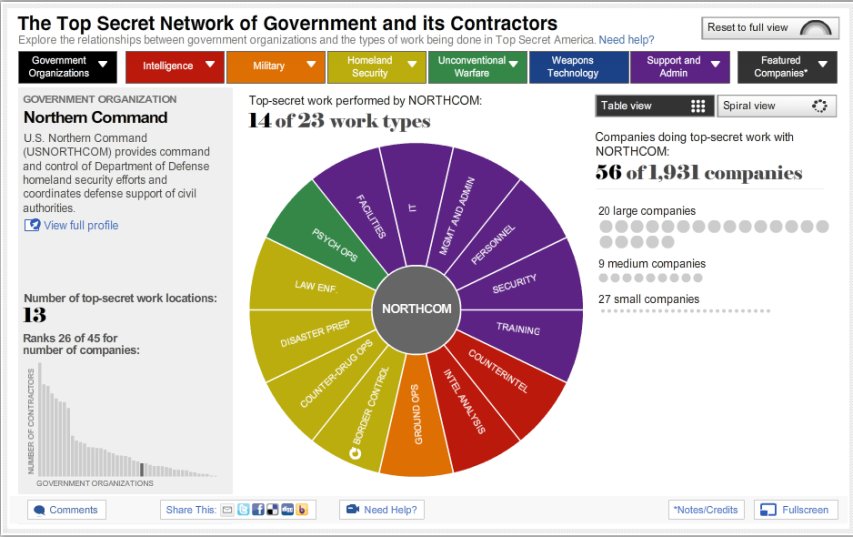The Central Intelligence Agency (CIA) has many purposes, but perhaps its most popular function is to provide some underpinning to the imaginings of conspiracy theorists worldwide. But, according to History House, the CIA was also a pretty weird operation in non-conspiracy terms, too:
[Project MK-ULTRA was] conceived by Richard Helms of the Clandestine Services Department (yes, the CIA actually gives its departments silly names like that), it went beyond the construction of mere truth serums and ventured into disinformation, induction of temporary insanity, and other chemically-aided states. The director of MK-ULTRA, Dr. Sidney Gottlieb, figured LSD’s potential as an interrogative agent paled in comparison to its capacity to publicly humiliate. Lee and Shlain note the CIA imagined a tripping public figure might be amusing, producing a memo that says giving acid “to high officials would be a relatively simple matter and could have a significant effect at key meetings, speeches, etc.” But Gottlieb knew that giving LSD to people in the lab was a lot different than just passing it out, and felt the department did not have an adequate grasp on its effects. So the entire operation tripped to learn what it was like, and, according to Lee and Shlain,
agreed among themselves to slip LSD into each other’s drinks. The target never knew when his turn would come, but as soon as the drug was ingested a … colleague would tell him so he could make the necessary preparations (which usually meant taking the rest of the day off). Initially the leaders of MK-ULTRA restricted the surprise acid tests to [their own] members, but when this phase had run its course they started dosing other Agency personnel who had never tripped before. Nearly everyone was fair game, and surprise acid trips became something of an occupational hazard among CIA operatives . . . The Office of Security felt that [MK-ULTRA] should have exercised better judgment in dealing with such a powerful and dangerous chemical. The straw that broke the camel’s back came when a Security informant got wind of a plan by a few [MK-ULTRA] jokers to put LSD in the punch served at the annual CIA Christmas office party … a Security memo writer… concluded indignantly and unequivocally that he did ‘not recommend testing in the Christmas punch bowls usually present at the Christmas office parties.’
The in-house testing phase now over, MK-ULTRA decided to use the drug surreptitiously in the street to gauge its effects. They contract-hired George Hunter White, a narcotics officer, to set up Operation Midnight Climax, according to Lee and Shlain, “in which drug-addicted prostitutes were hired to pick up men from local bars and bring them back to a CIA-financed bordello. Unknowing customers were treated to drinks laced with LSD while White sat on a portable toilet behind two-way mirrors, sipping martinis and watching every stoned and kinky moment.” Lee and Shlain go on to comment, “when [White] wasn’t operating a national security whorehouse,” White threw wild parties for his “narc buddies” with his ready supply of prostitutes and drugs. He sent vouchers for “unorthodox expenses” to Gottlieb, and later said, “I was a very minor missionary, actually a heretic, but I toiled wholeheartedly in the vineyards because it was fun, fun, fun. Where else could a red-blooded American boy lie, kill, cheat, steal, rape, and pillage with the sanction and blessing of the All-Highest?” In case one needs reminding, these claims are backed by recently unclassified information. Yes, Virginia, truth is stranger than fiction.
Emphasis in the original.
I have no idea what relationship this account has to the actual facts, but if the mainstream media can get away with running stories without fact-checking, then I certainly don’t feel guilty about this one.




